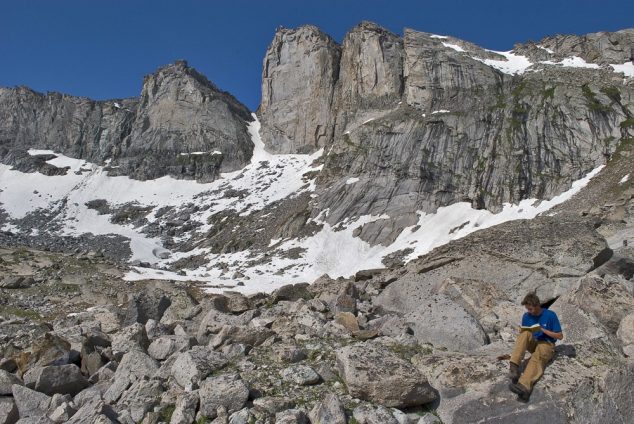Climate Change, Glacial Geology, Glaciology and Quaternary Studies
As concern about the timing, magnitude, and rate of future climate change increases, developing a comprehensive understanding of the relevant mechanisms governing climate variability is crucial. The identification of several abrupt climate shifts in the paleoclimatic record greater in magnitude than those experienced by modern society has served to highlight the potential risks associated with continued increases in atmospheric greenhouse gas emissions. A variety of techniques, including modern observations and process studies, paleoclimate proxy data, and model-based data synthesis and prediction, are used to identify triggering mechanisms of abrupt climate change, These, in turn, serve to improve our ability to estimate future changes. Models that explain observed climate variability on all timescales are still inadequate, in part due to a lack of information on fundamental relationships between climate and environmental responses. Hypotheses that relate changes in climate forcings and associated responses are critical, particularly for the Southern Hemisphere, where long high-resolution paleoclimate records and detailed glaciological observations are limited. Additionally, an understanding of human response to past climate change provides an opportunity to understand the societal impact of major environmental events, such as changing weather patterns and rising sea levels. The interdisciplinary field of geoarchaeology provides the opportunity to examine such events in a human context, leading to a better understanding how future events may shape our cultural response. The School of Earth and Climate Sciences and Climate Change Institute have long been recognized as leaders in these areas, and have been involved in defining and refining several paradigms associated with global and abrupt climate change. Over the next decade, School and Institute faculty will have integral and often leadership roles in several climate research initiatives ranging from deep ice core recovery and geologic sampling to satellite remote sensing and examining human culture/climate linkages.

